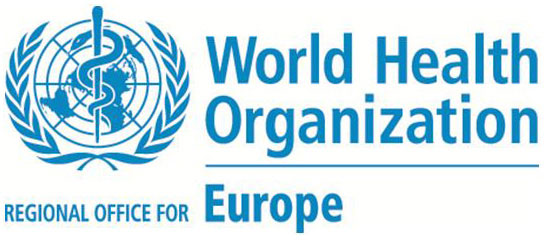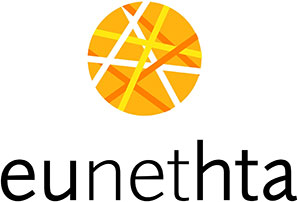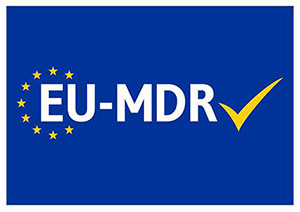Official relations with WHO Europe

In September 2021, EFA was confirmed by the 71st World Health Organisation Regional Committee for Europe as a non-state actor in official relations with WHO Europe. We participated in the Regional Committee with a delegation of three patient advocates, a joint written statement on lung health in Europe co-authored with the European Respiratory Society. EFA also co-signed four joint statements:
- Calling for more resilient health systems that eliminate the inequalities we have witnessed aggravated by COVID-19
- Calling for more funding in public health and towards a safer workplace environment for healthcare workers, and stressing the vital role of healthcare professionals
- Calling for more resourced, equipped and accessible primary healthcare settings that liaise with the communities where they operate
- Supporting the European Immunization Agenda 2030 and recommending efforts to improve life-course immunization in Europe.
Throughout the year, EFA participated in the different meetings and consultation to define the WHO European Immunization Agenda 2030. The Resolution, adopted by the Regional Committee, will benefit our patient community by protecting patients living with chronic respiratory disease against flu and flu-originated diseases such as pneumonia, which can be prevented through better access to the influenza and pneumococcus vaccines. We particularly welcome the Agenda’s prioritisation on surveillance and monitoring of vaccine-preventable diseases, and the proposal to focus on improving the reporting and follow-up of adverse events following immunization, such as anaphylaxis reactions.
EU4Health Civil Society Alliance
![]()
The EU4Health Civil Society Alliance (CSA) is an important forum for discussion, coordination, and joint advocacy. In 2021, EFA continued working as part of an alliance of 27 organisations towards a stronger EU in public health policies.
Among the highlights of the year was the campaign to bring back the Operating Grants (OGs) as a key funding mechanism of the EU health programme. EFA contributed to a unified voice through joint policy statements and directly engaged with both the European Commission’s DG SANTE and the European Parliament. The alliance was successful in bringing the united voice of the health non-governmental organisations (NGOs) at the forefront of this critical issue.
The reinstatement of the OGs, even based on strict eligibility criteria that excludes many NGOs from funding, acknowledges the role of civil society in the implementation of health policies, especially in light of the COVID-19 pandemic. As a member of the EU4Health CSA, EFA will remain vigilant on this aspect in future work plans of the EU health programme.
Allergy and airways diseases patients in Health Technology Assessment

The COVID-19 pandemic has been a catalyst for action in many health policy areas. One example is the sudden agreement on the EU Regulation on Health Technology Assessment, a proposal that was paralysed for two years during lack of agreement at Council level.
The HTA process had been fragmented in the EU, performed by around 50 European HTA national and local agencies who have been using different systems to evaluate new treatments and their prices. However, in June 2021 EFA was able to welcome the trialogue agreement reached on HTA. The HTA Regulation was finally adopted in December 2021, entered into force in 2022 and will apply from 2025. Its main objectives are to offer a framework and procedures for cooperation of EU Member States on health technologies, to provide with a mechanism that allows for a unique HTA request submission, and for common rules and methodologies for the joint clinical assessment of health technologies.
As Member of the European Commission HTA Network, EFA participated in several meetings throughout the year. In these meetings, EFA conveyed our concerns on the negotiations trade-offs following the trialogue negotiations and paving the way towards an HTA Regulation that reinforces patient participation.
We also participated in the closure of the EUnetHTA project that steered the end of existing HTA coordination among Member States during the set-up of the legal framework now brought by the Regulation.
Application of the Medical Devices Regulation

The Regulation Governing Medical Devices in the EU, a crucial legislation for allergy, asthma and COPD patients, entered into force in May 2021. EFA participated in a workshop organised by the European Commission and communicated to Members the novelties brought by the regulation, including an easier labelling and categorisation for each type of device. EFA inquired to the Commission during the workshop and with written questions on the new Regulation failing to ease the current legislative limbo of drug-device combinations, which are numerous in the therapeutic areas of allergy (especially in the case of lifesaving treatment), dermatology, immunology and pneumology. To follow this, EFA will advocate for an improved legislation on this issue within the EU Pharmaceutical Strategy work.